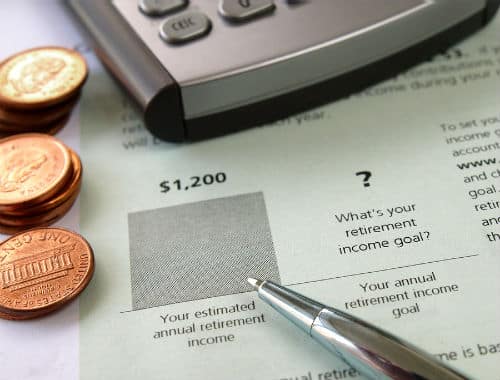Q: I am Almost 63 Years of Age and Thinking of Retirement. What Should I Do at the Present Time to Make this a Reality in 2 or 3 Years? I am a Registered Nurse Working Full Time in a Hospital.
A: Retiring in two to three short years from now means you’ve got to ensure that your financial affairs are in good shape, and that you will have enough money on hand to last you another two or three decades.
Many financial planners create plans for their clients on the assumption that the client will live until 90 or 100 years old. So you have to consider whether, if you retired at age 65 or 66, you would have enough money to last for potentially another 30 years.
Max Out that Retirement Plan at Work
Start by looking at what you’ve saved in your retirement plan at work. If you haven’t been aggressively saving in a 401(k) or 403(b) plan, by all means start doing so.
Perhaps your employer offers a match to boost your retirement plan. Under federal law, most employees can put up to $16,500 into a qualified retirement plan in 2010. However, since you are over 50 years of age, you can also put into another $5,500 in “catch up” payments if you’ve been a late starter, in terms of saving.
You can also sock money away into an IRA, or Individual Retirement Account. The 2010 limit for regular IRAs and Roth IRAs is $5,000, plus another $1,000 in allowable contributions for those 50 and above.
Assess also any pension income or retirement benefits that will be provided directly by your employer. Then find out how much money you will be entitled to from Social Security. You can find out your expected Social Security payments by visiting the Social Security Administration’s website (http://www.ssa.gov).
Two Steps To Assessing Your Retirement Readiness
In summary, to make sure you are on track to retire when you want, you should follow these two steps:
Step 1: Calculate Your Retirement Needs
Think about what how much money you’ll need in retirement, on a monthly and annual basis. Take into account your projected monthly expenses, any debts you’ll have, along with the possibility of healthcare or medical costs, travel, as well as inflation.
Step 2: Estimate Future Benefits
After consulting your Human Resources Department or taking a look at any employer-provided pension income you may be expecting, go get an estimate of your Social Security benefits.
If you don’t like what you see in the results, all is not lost. You have the option of working a bit longer, perhaps investing slightly more aggressively if you are comfortable doing so, or even using products like annuities that can offer you a steady income stream or make up for any financial shortfalls you may face.








